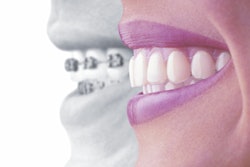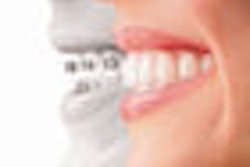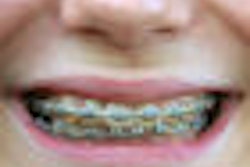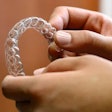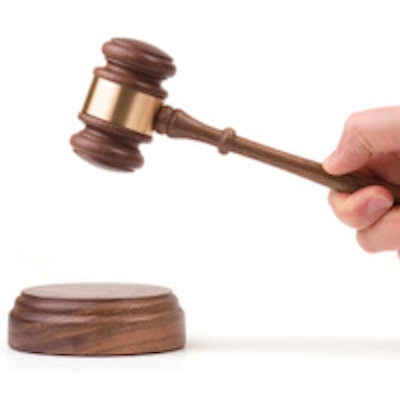
A U.S. federal court has ruled in favor of ClearCorrect in a case involving digital data, noting that the U.S. International Trade Commission (ITC) does not have authority over the data. The case has implications that could affect how the Internet is regulated.
The ruling by the U.S. Court of Appeals for the Federal Circuit is the latest in a three-year patent infringement dispute involving ClearCorrect and the ITC. Since ClearCorrect's aligners are made using digital data imported from Pakistan, the question at stake is whether the ITC has the ability to regulate digital goods. Two out of the three federal judges who heard the case said no.
"Accordingly, we reverse and remand the Commission's decision and conclude that the Commission does not have jurisdiction over this case," Chief Judge Sharon Prost wrote in the court's opinion.
Internet regulation is at stake
The patent dispute began in 2012 when Align Technologies first filed an ITC complaint against ClearCorrect, asserting ClearCorrect's aligners infringed on Align's patents. The heart of the dispute is how ClearCorrect's aligners are created and whether the ITC has the authority to regulate the process.
ClearCorrect, which is based in Texas, digitally sends scans of patients' mouths to ClearCorrect Pakistan. ClearCorrect Pakistan then creates treatment plans, which are sent electronically back to the U.S. and are used to create the physical, orthodontic aligners.
In 2013, after an evidentiary hearing, an ITC administrative law judge determined that the ITC had the authority to regulate ClearCorrect. Then, in 2014, the ITC agreed with the law judge's initial determination and found that ClearCorrect's manufacturing process did in fact infringe on several Align Technologies patents. The ITC filed a cease-and-desist order, which was later temporarily suspended until this appeals ruling.
Right now, the ITC's jurisdiction only applies to physical "articles," but the commission argued that the term "articles" should be expanded to include digital data, such as the information for ClearCorrect's aligners. The appeals court, however, disagreed.
"The Commission's decision to expand the scope of its jurisdiction to include electronic transmissions of digital data runs counter to the 'unambiguously expressed intent of Congress,' " Chief Judge Prost wrote. "We recognize, of course, that electronic transmissions have some physical properties ... but common sense dictates that there is a fundamental difference between electronic transmissions and 'material things.' "
While the court did not address whether ClearCorrect infringed on Align Technologies' patents, it did make it clear that the ITC does not have jurisdiction in this case. Chief Judge Prost concluded the court's opinion by saying if their interpretation is incorrect, then Congress should expand the law to include digital transmissions.
The fight's not over yet
In a statement, Roger E. George, Align Technologies' vice president and general counsel, said that the company is not done pursuing ClearCorrect for patent infringement.
“This is not a decision against Align, and it is not a decision about patent infringement -- it's about jurisdiction.”
"This is not a decision against Align, and it is not a decision about patent infringement -- it's about jurisdiction," he stated. "And if it is determined that the ITC cannot enforce the previously determined finding of infringement of Align's patents, then we will pursue relief in a venue that can."
George also noted that Align Technologies is currently working with the ITC to determine the next steps, "including the possibility of seeking en banc review of the ITC jurisdictional issue by the entire federal circuit."
The final outcomes of the dispute are relevant to not only dentistry but to all Internet regulation. Several companies, including Google and the Motion Picture Association of America, have been eagerly watching the case.
"In an increasingly digital world, this case has raised precedent-setting issues regarding the limits of what the ITC can and cannot enforce regarding the patent rights of U.S. companies," George stated, "but for Align this remains a basic tenant of our right to defend our patents against infringement."
ClearCorrect issued a statement on November 12.
“This decision solidifies the fact that the ITC is without jurisdiction to regulate electronic transmissions of data and all of the ITC’s rulings in the case are therefore null and void,” stated Michael D. Myers, ClearCorrect’s attorney in the case and a partner with the law firm McClanahan Myers Espey, in a release.




